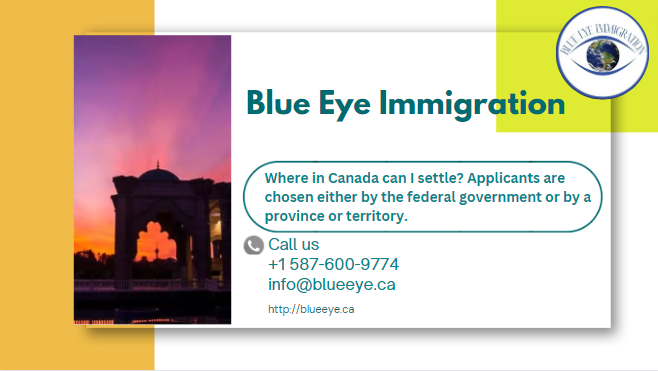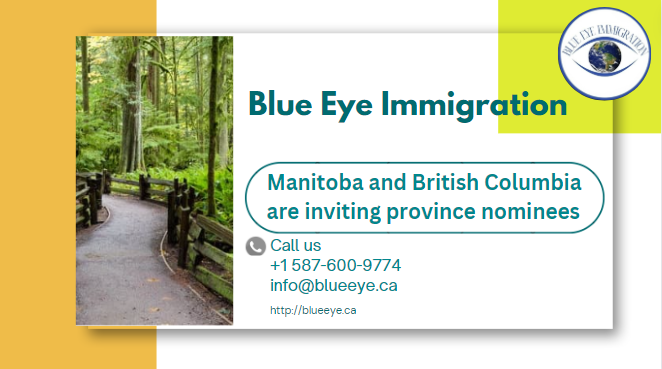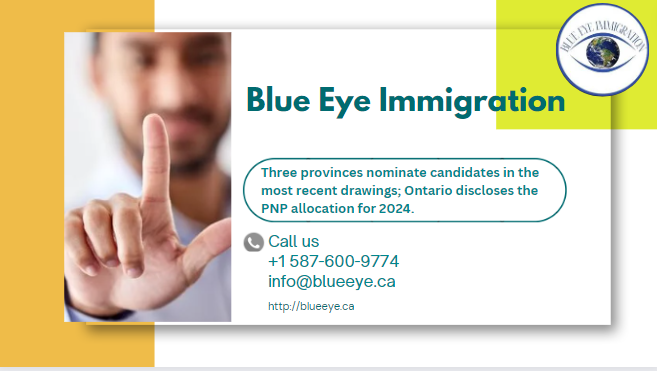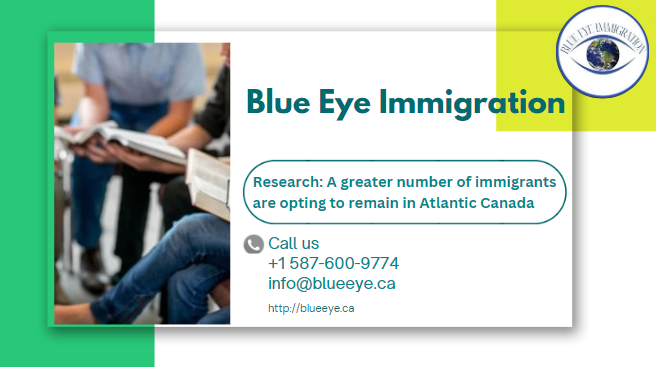Under provincial nomination schemes, the number of applicants seeking immigration to Canada is rising.
On the other hand, there are differences in the duties between entering Canada through provincial and federal immigration processes.
The ramifications of becoming nominated by a province or territory, as well as any relocation requirements, will be covered in this article.
Rights to mobility as a permanent resident of Canada
The freedom to live and work in any province in Canada is granted to citizens and permanent residents under Section 6 of the Canadian Charter of Rights and Freedoms.
In terms of immigration to Canada, this means that those who have obtained permanent resident status through a federal or provincial immigration scheme are eventually free to relocate anywhere in the country.
Applicants selected by a province or territory
Paragraph 87(2)(b) of the Immigration and Refugee Protection Regulations (IRPR) clarifies that a foreign national is a member of the provincial nomination class if they intend to reside in the province or territory that has nominated them.
Provinces and territories looking to attract newcomers under local immigration programs are left to create the right conditions to attract, and more importantly retain, immigrants.
Applicants applying through provincial or territorial nomination programs must comply with program requirements and remain truthful throughout the application process.
Upon arriving, there must be a clear desire to settle in a province or territory under an immigration program. Before relocating to another Canadian province or territory, the applicant must demonstrate that they genuinely intend to live in the province they have chosen in their application for permanent residency and that they have made good-faith attempts to establish there.
Documenting such efforts is also important in case there are any follow-up inquiries. Such endeavors might be crucial, for example, if a permanent resident of Canada decides to apply for citizenship in the future.
Those chosen by the federal government
In the meanwhile, candidates for federal immigration are not obligated to commit to a certain province or territory if they do not receive a provincial nomination.
This implies that immigrants who become permanent residents of Canada through federal programs are free to choose where to live once they arrive, including any province or territory in the country.
Manifesting a desire to settle
The Government of Ontario, for instance, states that the following types of documents can be used to prove a person’s intention to live in the province:
- Current and/or previous employment in the province
- Job offers or jobs applied to/interviewed for
- Education in Ontario
- Volunteer work in Ontario
- Lease agreements in Ontario or property ownership
- Professional networks and affiliations
- Family ties, social connections or personal relationships
- Previous visits to Ontario
Penalties for falsely claiming to be a resident
An application may be reported for non-compliance if they change their mind about living in the nominated province or territory before or after arriving in Canada.
When it becomes clear that someone never meant to live in the province or territory they are designating, this may lead to a charge of misrepresentation and the loss of their status as a permanent resident.
You might want to speak with an approved immigration attorney if you were nominated by a province or territory or if you would need more information about the requirements of the program.



